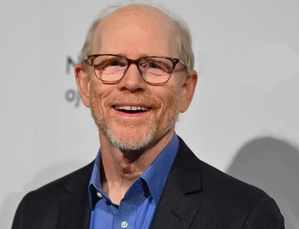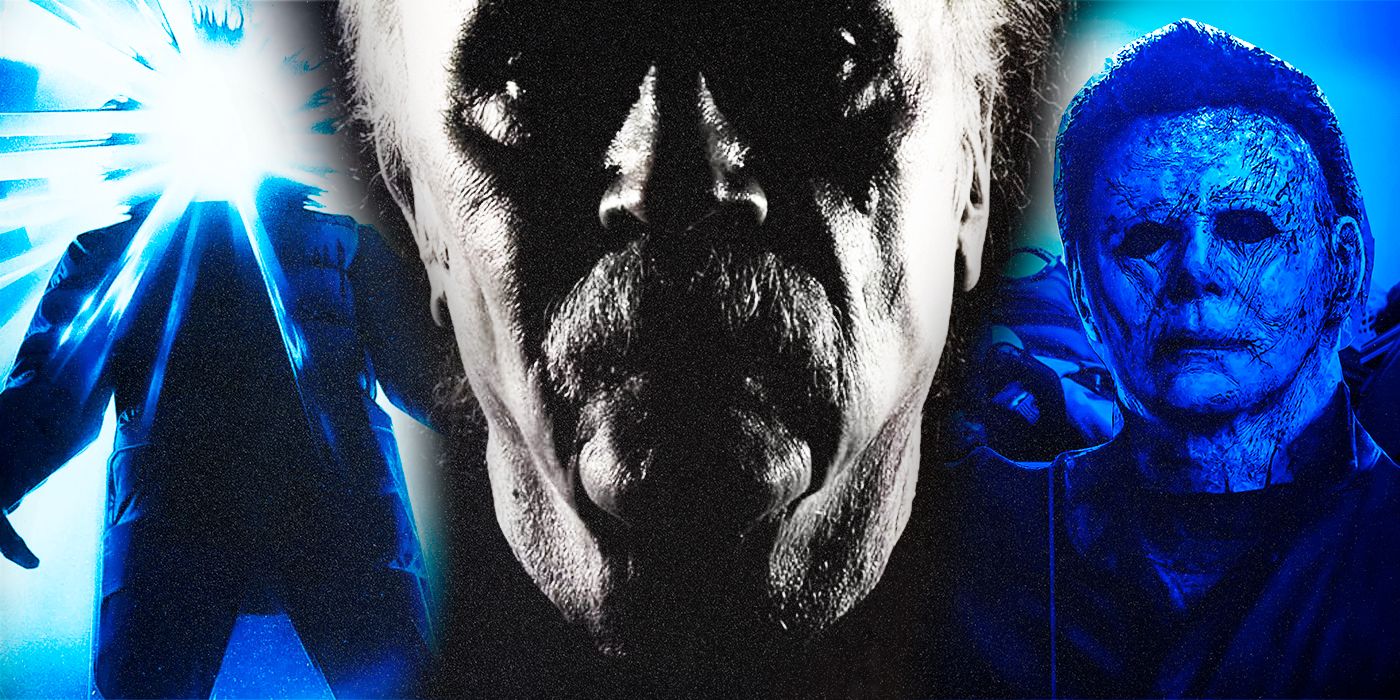


Horror filmmaker John Carpenter, known for his iconic movies like Halloween and The Thing, has not directed a film in the past decade. In an article by Arthur Goyaz on CBR - Comic Book Resources, the reasons behind Carpenter's decision to step away from directing are explored [982557a6].
Carpenter revealed that he felt burned out after directing numerous movies back-to-back and needed a break. His final film, Ghosts of Mars, received a negative reception and struggled at the box office, adding to his decision to take a hiatus from directing. However, Carpenter remains active in the film industry, focusing on composing scores and working on horror-related projects [982557a6].
Despite his absence from the director's chair, Carpenter has expressed his interest in returning to filmmaking if the right circumstances arise. He continues to be available for interviews and inquiries, showcasing his ongoing passion for the craft. Carpenter recently directed a TV project titled "John Carpenter's Suburban Screams" and composed the score for David Gordon Green's Halloween trilogy. While Carpenter initially had the idea of making a new Halloween movie every year, the franchise took a different direction and focused on sequels featuring Michael Myers [982557a6].
Carpenter's decision to stop making movies was driven by burnout and a desire to have a life outside of filmmaking. Despite his hiatus, Carpenter's career remains influential, and his contributions to the horror genre continue to be celebrated by fans and fellow filmmakers alike [982557a6].
In contrast, filmmaker Ron Howard, known for classics like Cocoon and Backdraft, has revealed that he refuses to watch his own hit movies. According to an article by Newsroom Odisha, Howard, who has directed blockbusters like Splash, Cocoon, Backdraft, and Apollo 13, stated that he hasn't seen Splash in a long time [bc35555f].
Howard described the experience of making Splash as fun and mentioned that it was a buoyant, romantic, and funny combination of story values and situations. Despite his success as a director, Howard's career started as an actor, with roles in The Andy Griffith Show and Happy Days. He has also directed critically acclaimed films like A Beautiful Mind and Backdraft. Although he hasn't been in front of the camera for years, Howard said he could be persuaded to act again [bc35555f].
While Carpenter and Howard have different perspectives on their own movies, both filmmakers have left a lasting impact on the industry. Carpenter's decision to step away from directing was driven by burnout, while Howard's refusal to watch his own hit movies showcases a unique perspective on his work. Despite their different approaches, both Carpenter and Howard continue to be celebrated for their contributions to the film industry [982557a6] [bc35555f].
Malcolm McDowell, the actor known for his role in Stanley Kubrick's A Clockwork Orange, had a complicated relationship with the film in the years following its release. In an article by Anthony McGlynn on The Digital Fix, it is revealed that McDowell resented talking about A Clockwork Orange for the first ten years after its release [12ef2307].
McDowell felt that people were constantly asking him about the film and wanted to discuss his other movies. However, after about ten years, McDowell's perspective shifted, and he began to appreciate his collaboration with Stanley Kubrick and the impact of A Clockwork Orange. The film was immensely controversial upon its release, pushing boundaries with its depiction of violence and receiving an X-rating in the US. McDowell eventually took ownership of the film and expressed pride in his work [12ef2307].
The evolving perspective of Malcolm McDowell on A Clockwork Orange highlights the complex relationship between actors and their iconic roles. McDowell's initial reluctance to discuss the film and subsequent appreciation for its significance adds depth to the ongoing discourse surrounding the movie and its cultural impact [12ef2307].